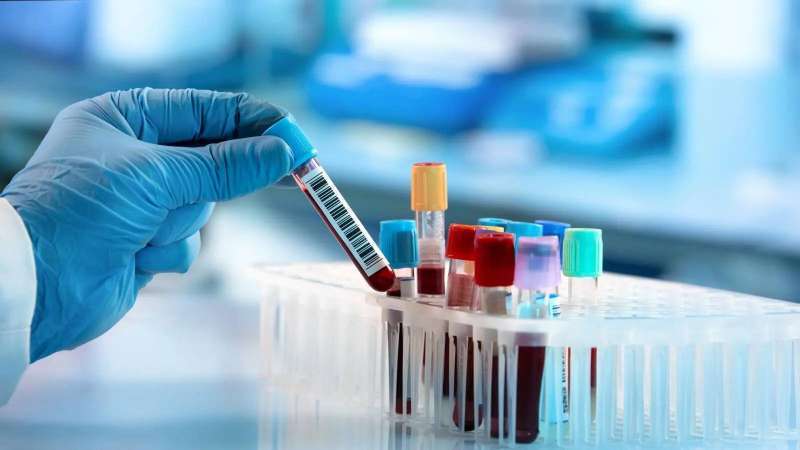A number of molecular biologists have developed the first blood test with very high capacity, over 85 percent, to detect signs of Alzheimer’s disease without the use of functional diagnostics and cerebrospinal fluid sampling.
The American University of Pittsburgh stated that this discovery will simplify and reduce the cost of diagnosing Alzheimer’s disease, reports a local Arabic daily.
“Diagnosing Alzheimer’s disease currently requires the use of MRI systems and other forms of functional diagnostics,” said Thomas Karikari, assistant professor at the University of Pittsburgh. “All of these are expensive and time-consuming, which makes these technologies unavailable to many patients. We created a cheap and affordable alternative.
According to current estimates by the World Health Organization, Alzheimer’s disease and other forms of dementia affect nearly 50 million people worldwide today, and by 2030 their number may rise to 75 million, along with heart attacks and strokes. These problems are one of the leading causes of death in first world countries.
Karikari and his colleagues developed a new approach to identify Alzheimer’s disease with a very high probability of the presence of irregularly shaped tau protein molecules in blood samples, one of the two most important toxic molecules believed to contribute significantly to the development of dementia and other manifestations of Alzheimer’s disease.
Scientists have long believed that the damaged tau protein gradually builds up in the neurons of Alzheimer’s disease carriers, barely leaving them before these cells begin to die en masse.
Scientists have developed a new technique that distinguishes tau protein molecules from other forms of the substance that may be present in the bloodstream for reasons unrelated to Alzheimer’s disease, and this has greatly increased the diagnostic value of this biomarker, leading scientists to believe that it can be used to detect dementia in all stages of its development.
Based on this idea, scientists measured the concentration of this type of tau protein in 18 blood samples obtained from healthy volunteers with different forms of Alzheimer’s disease, and their measurements showed that the percentage of this variation in damaged protein chains varies greatly between healthy participants in the experiment, carriers of mild and severe dementia.
Subsequent analysis of blood samples indicated that the study of the percentage of variation in the “tau” protein discovered by the scientists revealed an 85 percent probability of Alzheimer’s disease, which is a very high number, given that it is not necessary to use expensive functional diagnostics or take samples of spinal fluid. Scientists hope their approach will make dementia testing accessible to the widest possible range of the world’s population.

